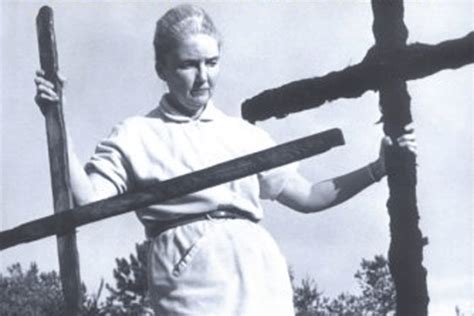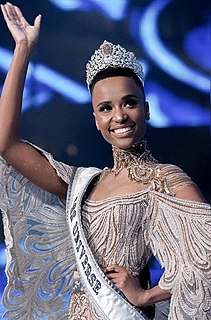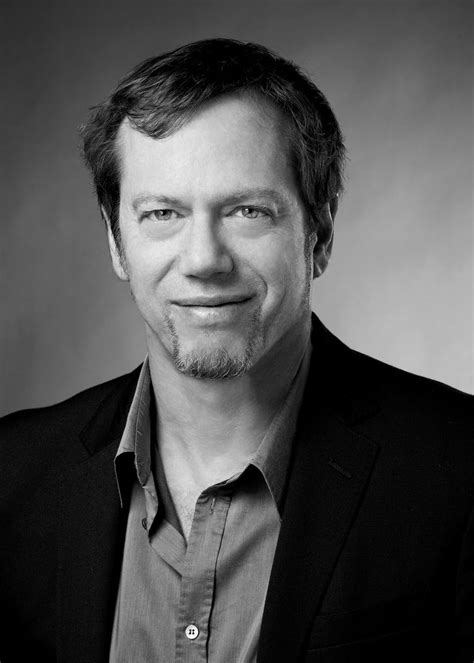A Quote by Sarah-Patton Boyle
... in 1950 a very large slice of the white South stood at the crossroads in its attitude toward its colored citizens and [was] psychologically capable of turning either way.
Related Quotes
The miscegenation laws of the South only operate against the legitimate union of the races; they leave the white man free to seduce all the colored girls he can, but it is death to the colored man who yields to the force and advances of a similar attraction in white women. White men lynch the offending Afro-American, not because he is a despoiler of virtue, but because he succumbs to the smiles of white women.
If you grew up white before the civil rights movement anywhere in the South, all grown-ups lied. They'd tell you stuff like, 'Don't drink out of the colored fountain, dear, it's dirty.' In the white part of town, the white fountain was always covered with chewing gum and the marks of grubby kids' paws, and the colored fountain was always clean.
...I cannot help being astonished at the furious and ungoverned execration which all reference to the possibility of a fusion of the races draws down upon those who suggest it, because nobody pretends to deny that, throughout the South, a large proportion of the population is the offspring of white men and colored women.
In it not easy to remain rational and normal mentally in such a setting where, even in our airport in Montgomery, there is a white waiting room... There are restroom facilities for white ladies and colored women, white men and colored men. We stand outside after being served at the same ticket counter instead of sitting on the inside.
Imperialism has now reached a degree of almost scientific perfection. It uses White workers to conquer the non-white workers of The Colonies. Then, it hurls the non-white workers of one colony against those of another non-white colony. Finally, it relies on the Colored workers of the colonies to rule the White workers. Recently, White French soldiers near mutiny in the occupied Ruhr of Germany, were surrounded by French African soldiers, and colored native light-infantry were sent against White German strikers.
There were colored and white waiting rooms everywhere, from doctor's offices to the bus stations, as people may already know. But there were actually colored windows at the post office in, for example, Pensacola, Florida. And there were white and colored telephone booths in Oklahoma. And there were separate windows where white people and black people would go to get their license plates in Indianola, Mississippi. And there were even separate tellers to make your deposits at the First National Bank in Atlanta.
All of you are aware of the tragic history of racism in America, but for a very long time, African-Americans and their white allies came together and they struggled and they stood up for justice and they stood up to lynching and they stood up to segregation and the stood up to a nation where African-Americans couldn't even vote in America.
The New Yorker has always dealt with experience not by trying to understand it but by prescribing the attitude to be adopted toward it. This makes it possible to feel intelligent without thinking, and it is a way of making everything tolerable, for the assumption of a suitable attitude toward experience can give one the illusion of having dealt with it adequately.
When I was growing up in rural Alabama, as a young child, about 50 miles from Montgomery, and we would visit the little town of Troy, or visit Montgomery or Tuskegee, I would see the signs that said, "WHITE MEN - COLORED MEN," "WHITE WOMEN - COLORED WOMEN."And I would come home and say to my mother and father and my grandparents, "Why?" "Why this?" "Why that?" And they would just tell me, "That's just the way it is! Don't get in the way. Don't cause trouble."
Up until then I'd thought that white people and colored people getting along was the big aim, but after that I decided everybody being colorless together was a better plan. I thought of that policeman, Eddie Hazelwurst, saying I'd lowered myself to be in this house of colored women, and for the very life of me I couldn't understand how it had turned out this way, how colored women had become the lowest ones on the totem pole. You only had to look at them to see how special they were, like hidden royalty among us. Eddie Hazelwurst. What a shitbucket.

































